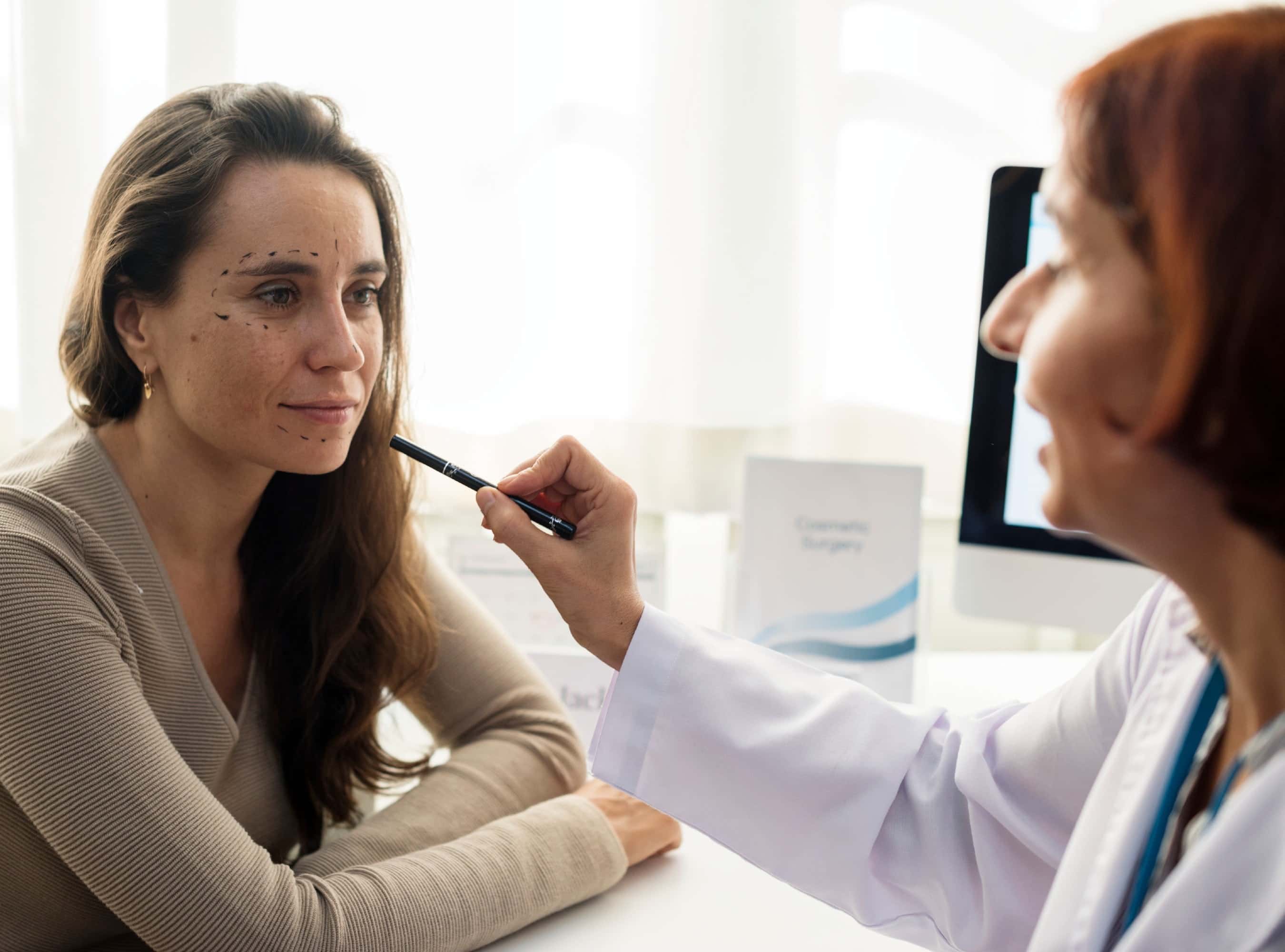Plastic Surgery Expert’s Use of Differential Diagnosis is Admissible
Updated on
Court: United States District Court for the District of South Carolina, Charleston Divisio
Jurisdiction: Federal
Case Name: Schaeffer v. Heidi D Williams, MD, LL
Citation: 2020 U.S. Dist. LEXIS 29131
In this medical malpractice case, the plaintiff’s plastic surgery expert witness testifies on the surgical standard of care. The expert approaches these conclusions using differential diagnosis. The defendant, however, characterizes this approach as unreliable and conclusory. The court clarifies that the expert’s extensive knowledge allows him to use the differential diagnosis technique to reach sound conclusions. The expert also passes this Daubert challenge because differential diagnosis is a well-known, accepted method of diagnosis.
Facts
The plaintiff filed a medical malpractice lawsuit following a cosmetic surgical operation performed by the defendant. She underwent a facelift and two other cosmetic procedures. The plaintiff alleged the defendant negligently administered the facelift, causing heavy scarring behind her nose. She further noted she had extra skin under her chin. She required corrective surgery in the affected areas.
To support her case, the plaintiff retained a plastic surgery expert witness. The defendant challenged the expert’s admissibility under Daubert.
The Plaintiff’s Plastic Surgery Expert Witness
The plaintiff’s plastic surgery expert witness was a cosmetic surgeon at Johns Hopkins University and Hospital. He graduated from the University of Pittsburgh School of Medicine and was board-certified in plastic surgery, general surgery, and critical care surgery. The expert was the founding director of the Johns Hopkins Burn Center and taught plastic surgery and reconstructive surgery at the Johns Hopkins School of Medicine. Prior to this, the expert served in numerous capacities at the University of North Carolina, Chapel Hill. This included as a professor of plastic and trauma surgery, critical care, and burn surgery. He was also a member and director of the UNC Esthetic and Laser Center.
The expert’s report focused on the creation and formation of scars, the positioning of scars around the neck, and his overall experience with plastic surgery scarring. The expert also independently examined the plaintiff. The expert’s opinions included the consideration and elimination of other potential scarring factors. Upon analyzing and eliminating other possible factors, the expert determined that the only probable cause for the plaintiff’s scarring was the defendant’s divergence from the surgical standard of care.
The defendant filed a motion to remove the plaintiff’s plastic surgery expert witness on two claims. First, the defendant claimed the expert was not qualified to testify about facelifts because his evidence was unreliable under Daubert. Second, the defendant alleged the expert’s testimony was rooted in res ipsa loquitur (presumption of negligence through circumstantial evidence). Thus, his findings were conclusory.
Discussion
The court noted that the plastic surgery expert was sufficiently qualified to testify about the plaintiff’s facial scarring. His education, training, and extensive experience in the field of plastic surgery all demonstrated this expertise. The court further noted that the expert’s testimony was backed by the process of differential diagnosis. The differential diagnostic technique is a standardized diagnosis approach in which a practitioner uses the removal mechanism to classify an illness or cause of an adverse condition based on symptoms, laboratory findings, etc. The court noted that medical practitioners widely use the differential diagnosis technique. Therefore, the expert’s testimony was reliable.
The court also observed that the expert’s testimony analyzed the plaintiff’s facial scarring and explained its formation, development, and causes by employing differential diagnosis. The testimony would help the jury understand facial scarring and determine the applicable standard of care. Therefore, the expert’s testimony was relevant. Further, the court dismissed the res ipsa loquitur claim.
Ruling
The defendant’s motion to exclude the plastic surgery expert witness’s testimony was denied.
Key Takeaways for Experts
The defendant tries to discredit the expert’s methods. However, the court overrules this. It points out that differential diagnosis is widely accepted in the expert’s field. This demonstrates the importance of using industry-accepted methods to reach all expert conclusions.
About the author
Wendy Ketner, M.D.
Dr. Wendy Ketner is a distinguished medical professional with a comprehensive background in surgery and medical research. Currently serving as the Senior Vice President of Medical Affairs at the Expert Institute, she plays a pivotal role in overseeing the organization's most important client relationships. Dr. Ketner's extensive surgical training was completed at Mount Sinai Beth Israel, where she gained hands-on experience in various general surgery procedures, including hernia repairs, cholecystectomies, appendectomies, mastectomies for breast cancer, breast reconstruction, surgical oncology, vascular surgery, and colorectal surgery. She also provided care in the surgical intensive care unit.
Her research interests have focused on post-mastectomy reconstruction and the surgical treatment of gastric cancer, including co-authoring a textbook chapter on the subject. Additionally, she has contributed to research on the percutaneous delivery of stem cells following myocardial infarction.
Dr. Ketner's educational background includes a Bachelor's degree from Yale University in Latin American Studies and a Doctor of Medicine (M.D.) from SUNY Downstate College of Medicine. Moreover, she is a member of the Board of Advisors for Opollo Technologies, a fintech healthcare AI company, contributing her medical expertise to enhance healthcare technology solutions. Her role at Expert Institute involves leveraging her medical knowledge to provide insights into legal cases, underscoring her unique blend of medical and legal acumen.
Subscribe to our newsletter
Join our newsletter to stay up to date on legal news, insights and product updates from Expert Institute.
Sign up nowFind an expert witness near you
What State is your case in?
Subscribe to our newsletter
Join our newsletter to stay up to date on legal news, insights and product updates from Expert Institute.



